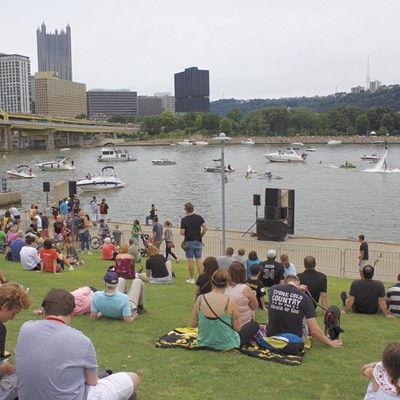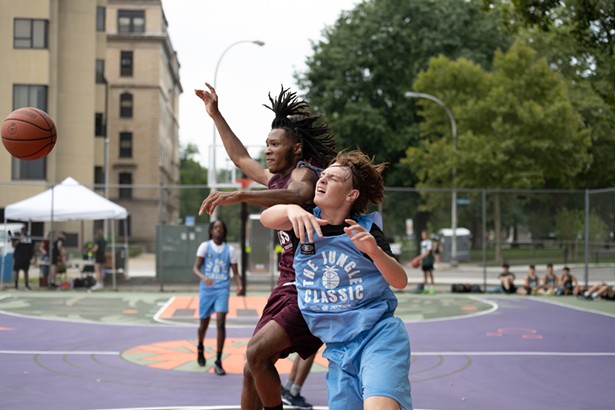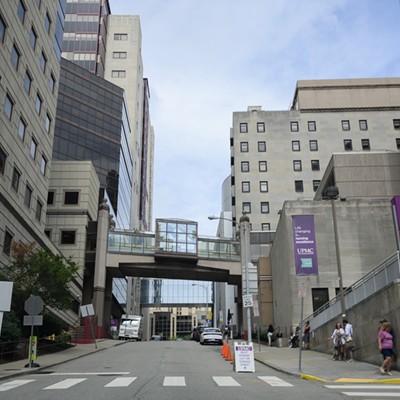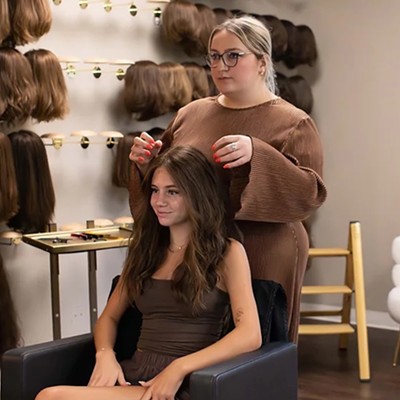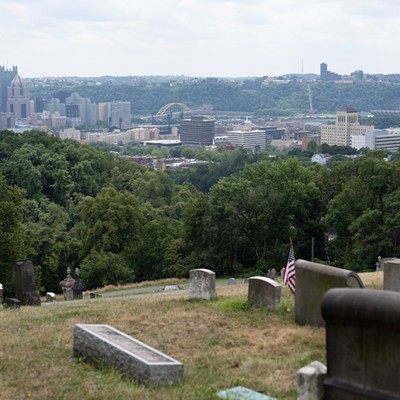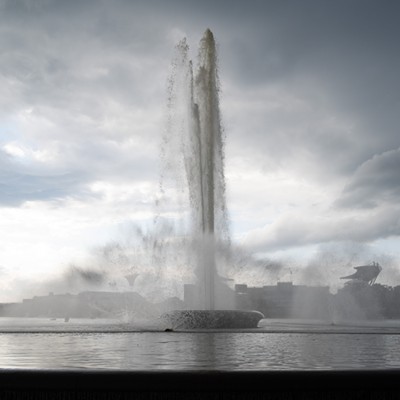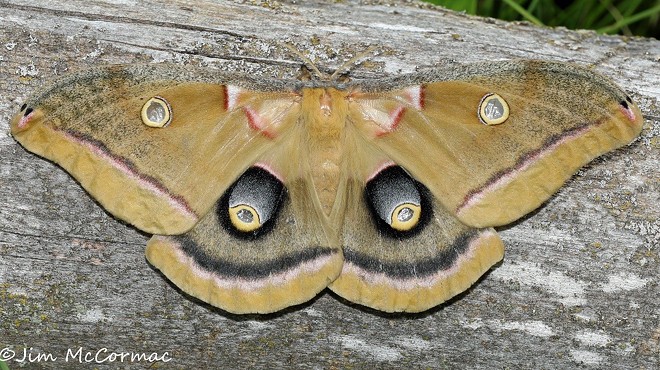On a hot June day, 34-year-old Autumn Perkins and about a dozen others set out from New Life AME Church in Homewood with water bottles and flyers in hand. They went into bars, barbershops and convenience stores. Their goal: to get people to come forward with information about homicides in the community.
"A lot of people know who's out here doing the killing," said Perkins. "But a lot of them are scared of retaliation, and they don't trust the police enough."
The "peace walk" in Homewood was organized by We Need Justice Too, an organization founded by Perkins and various local community groups. Made up mostly of individuals who've had a family member violently injured or killed, the group's approximately 50 active members have spent the past few months working to reduce violence in their communities.
Perkins herself lost the father of her three children, who was killed in July 2013: His killer has never been found. And as the death toll in Pittsburgh rises, she worries about her children, especially her oldest son, who is set to start high school this fall.
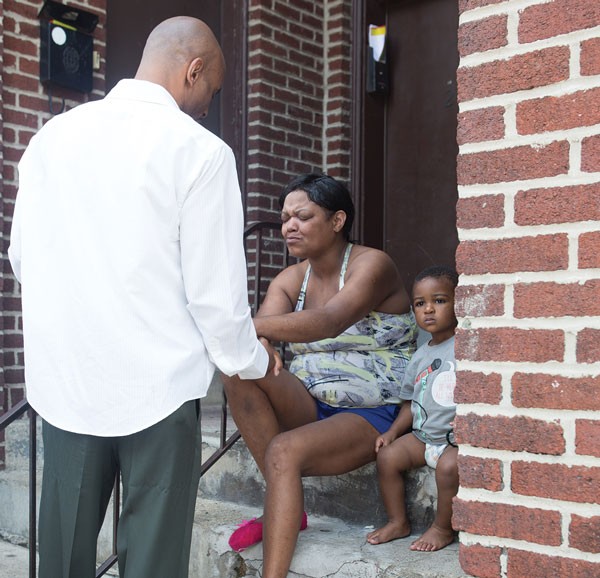
"It's so bad out here right now, it's scary," says Perkins. "I grew up when gang-banging was bad and it was not this bad then. I'm scared for my kids. All these mothers are out here grieving for their children."
"The group started very organically," says Shannon Williams, an organizer with gun-control group CeaseFirePA. Perkins "had enough and she wanted to do something about it."
But Perkins and her group are up against steep odds. The city has seen a sharp increase in homicides, with 11 people killed in July alone. So far, some 44 homicides have been committed in Pittsburgh this year. At that pace, Pittsburgh may match or beat a record for homicides set in 1993.
We Need Justice Too was created after the February murders of Susan and Sarah Wolfe, two white sisters who were killed in East Liberty. A suspect was arrested less than a month later, and group members started wondering why so many murders in the black community remain unsolved. Of the 214 unsolved homicides between 2004 and 2013, 85 percent involve black victims.
"I think the homicide detectives should be held accountable for all of the unsolved homicides," says group member Connie Moore, whose son was killed and whose murder remains unsolved. "I don't think they're doing all they can do."
Police, meanwhile, say they need more help from the community. "There have been numerous shootings when there have been people around and yet no one comes forward," counters Sonya Toler, spokesperson for the Pittsburgh Bureau of Police.
"We can't ask for help unless we're willing to help ourselves," agrees Charlie Ragan, another member and producer of Peace Pittsburgh, a program on violence that airs on public-access cable channel PCTV. That's why We Need Justice is focusing on community outreach, calling on residents to come forward with information on homicides.
Organizers have teamed up with a number of activist organizations including CeaseFirePA. Jay Gilmer, director of the Pittsburgh Initiative to Reduce Crime, is a fixture at We Need Justice meetings. He provides them with information on public-safety procedures and connects the group with law-enforcement officials.
"I like to support any individual or group who's attempting to reduce violence," Gilmer says.
"We won't get anywhere if we're working in silos," says Williams.
During their walk through Homewood in June, the 15 participants ranged from convicted felons to city officials, including Corey Buckner, special assistant to Mayor Bill Peduto. They handed out information on education and job opportunities, gun safety and how to submit anonymous information to the police. But they also hoped their presence would send a message to criminals that the community will not tolerate any more murders.
"A lot of communities don't do this," said Chaunte Bryant-Davis, from partner organization Fathers Who Care Foundation. "I think we should do one of these in every neighborhood."
Along the way, participants stopped to comfort a woman sitting on her front stoop. As her grandson peered out from the front door, she explained how all four of her children had died. One had been shot just around the corner.


